European Commissioner for Transport Adina Valean told Agerpres in an interview on Wednesday, in Strasbourg, that she cannot give a passing grade to the infrastructure in our country, but that she appreciates the way in which the Romanian authorities relate to this problem. She stated that, owing to the support provided by the European Commission through a specially created working group, with the multiple loans and by maintaining an accelerated pace of addressing the problems, this deadlock could be broken and we will have infrastructure.
Adina Valean also spoke, in the interview for AGERPRES, about the crisis at Blue Air low cost air operator and the recommendations she makes to the affected travelers, as well as about the prospects of Romania's accession to the Schengen Area, a desideratum that has recently returned to the spotlight.
During the interview, the European Commissioner also spoke about the chances of the Comarnic-Brasov motorway receiving financing from European funds, appreciating that there seems to be "a vision of this project that is different from the financing from European funds".
Last but not least, Commissioner Adina Valean spoke about the prospects for the European Aviation recovery and what needs to be done so that, one day, railway passenger transport becomes a viable alternative.
AGERPRES: Commissioner, what measures can be taken at the European level to avoid situations similar to the one generated by the BlueAir airline operator? What advice do you have for the travelers having suffered losses?
Adina Valean: During the summer season, we saw interruptions and problems with delays, flight cancellations, everywhere in Europe. This was due to the fact that many of the airlines or companies in the aviation industry, including those operating on the ground or those connected to airports, had difficulties in sustaining their services mainly due to lack of staff. That is, post-pandemic, many companies laid off their employees and it was more difficult to restore their workforce. Beyond the cause of what happened with Blue Air, situations related to flight cancellations and delays were constant during the season.
Now for Blue Air, of course it's a special situation related to the financial side, the company's creditworthiness, that is another discussion. What interests me, at the European level, is that passengers who have the right to rerouting, reimbursement, support, compensation, can benefit from these rights. Moreover, Europe is the only space in the world where passengers have the rights related to air transport services established by regulation (...). Post-pandemic, we had 16 airlines that we monitored in relation to the way they apply this European legislation regarding passenger rights, things were solved over time. We have European airlines that have gone so far as to contact two and a half million passengers who had vouchers to see what they want to do with them, whether to turn them into a ticket or be reimbursed, 500,000 passengers refunded.
We were also able to evaluate the emergence of new best practices from airlines or consumer protection authorities. I have seen in one country the establishment of a digital platform where one can log in and submit complaints or requests for reimbursement or compensation. All these things are moving in a positive direction now.
Of course, things happen, it is important that those who were affected by this situation should receive their rights, be reimbursed. They must address the company, if they do not settle the matter with the company, the Consumer Protection Authority. From our assessment, this is the system that worked, and quite well, after the events of the pandemic. So this is what I encourage those who were affected by the situation at Blue Air to do. Otherwise, we do not have the possibility to evaluate the company's creditworthiness, that is done by the authority that licenses it at the national level, and I think that the restructuring plan is probably expected. I hope things go well, because it would be a shame, it is a company that has served Romania and travelers from Romania in very good conditions over time, and it would be a shame if its problems were irreversible.
AGERPRES: What did you feel, who are also Romanian and at the same time European commissioner for transport, when you saw that thousands, maybe tens of thousands of your compatriots all over Europe faced this problem, practically overnight, the suspension of these operations?
Adina Valean: What can a Romanian answer to this question? Of course, I was also emotionally affected, I felt sorry for all those who are in difficulty. On the other hand, I appreciate the fact that the Romanian authorities, the government, got involved almost immediately in looking for solutions for repatriation, I can only appreciate this.
AGERPRES: What are the chances for Romania to receive financing from the European Union for the Comarnic-Brasov motorway?
Adina Valean: Romania receives funding from the European Commission for all well-prepared projects that it submits for funding. So I think I answered your question. If Romania wants financing from European money, it draws up a project in this respect, and submits it.
The chances of success of the project that Romania submits are quite high because we established this high-level working group that supports and prepares Romania's large infrastructure projects before they are submitted for financing. It practically helps those who design the projects so that they are of the right standards to be funded, that is because I wanted from the very beginning, being Commissioner for Transport, for Romania, to find a method by which European expertise supports the absorption money in the Romanian infrastructure.
In this sense, there are things that I have done concretely and put them in the right direction, so that Romania has a ten-year investment plan. We have a project, let's say, that we very much approve of, the closure of the railway junction section, which would represent the basis for a high-speed line Budapest-Cluj-Sibiu-Brasov-Bucharest-Constanta, its closure through a tunnel project, Predeal - Brasov. We also have projects on the southern section Arad-Caransebes-Craiova-Bucuresti that have been discussed and that look very good for financing by the European Union.
Romania has this investment project, it has regional cohesion funds and, furthermore, it has access to infrastructure funds through the Connecting Europe Facility, which is directly managed by my Directorate of Transport, it also has the National Recovery and Resilience Plan in which there are many infrastructure projects. So plenty of European funding. But the priorities and the projects it wants were established by the Romanian government, by Romania, we, the European Commission, could not say whether to do that project or another. So if it wants the Comarnic-Brasov [motorway] .. but I think there is, I don't know, an intention or a vision for this project, which is different from financing from European funds.
AGERPRES: Today I followed the State of the Union Address by President Ursula von der Leyen, who came up with a series of initiatives, in the field of energy, rare elements, etc... How do all these proposals, all these initiatives, affect the field that you coordinate, that of transport?
Adina Valean: The field I coordinate, like other sectors of economic activity - I say this, although from an economic point of view I consider transport to be the European economic backbone, that is, if something goes wrong in logistics and transport, it is felt in the fiber of the entire economic fabric - this sector is also affected by the energy crisis, by electricity prices, there are European transport ministers who are in touch because they are wondering if they need to reduce the number of electric train sets, in order to reduce consumption. So there are, for example, the railway companies that are affected by the price of electricity. And sure, these things are being felt, all the operations involve the use of one form or another of a certain type of energy, so, sure, the impact is great. Now, fortunately, we have no interruptions in the provision of transport services, but we certainly look with concern towards the future, that is why all the measures announced by the president to try to limit the negative effects of the energy crisis are also expected by the transport sector.
AGERPRES: In May of this year, the European Commission announced an initiative establishing a color of solidarity to help Ukraine export its agricultural products. What results did the initiative lead to and how involved was Romania in these actions?
Adina Valean: The corridors of solidarity, which are meant to support Ukraine and the Republic of Moldova, let's not forget, in order to continue their exports and imports, the trade routes, massively disrupted by the attack, the unjustified aggression of Russia against Ukraine, are, I would say, a success. It is recognized as such by the Ukrainian side as well - they succeeded in terms of agricultural products - if we look only at them - to remove almost 10 million tons of agricultural products from Ukraine, thus contributing to the reduction of the price of these products on the world market, to support countries that need imports from the wider world, African countries etc. Ten million tons, of which 1 million tons were taken out through the Black Sea, the port of Odessa, through the corridor established with the help of the United Nations and Turkey. The rest, through the corridors of European solidarity. 50% through the Danube and the port of Constanta - this shows an extraordinarily important role that Romania has played and continues to play.
I must express my appreciation for the authorities in Romania, who, through their own efforts, managed to put in place the missing links, to intensify, to facilitate this transport, which, I repeat, serves the exports and imports of these countries.
Also an example of European solidarity with front line states, I appreciate the recently concluded agreement of France's support for Romania. This shows that solidarity can work, when a country that is in the front line at the border, such as Romania, and that has made great efforts to help these corridors of solidarity, is in turn supported by another country with larger possibilities from the European Union.
AGERPRES: German Chancellor Olaf Scholz recently declared that Romania, Bulgaria and Croatia meet the technical requirements for joining the Schengen area, stating that he will act so that they become full members. The statement was immediately welcomed by Romanian politicians and gave rise to speculations regarding Romania's imminent accession to Schengen. Have you, in the contacts you have in Brussels, felt a change in temperature around this subject? Is now a favorable moment at the European level for Romania's accession to the Schengen area?
Adina Valean: You should know that the temperature has always been the right one in Brussels, traditionally (...) The European Commission supported and advocated for Romania's accession to the Schengen area, because at the level of the Commission it is assessed whether a state is prepared from a technical point of view and the Commission has always maintained that Romania is prepared.
Now, we know very well that this decision is of a political nature and does not depend on the European institutional architecture, but strictly on the participants (...) in this project, which is the Schengen area. I am glad that the German chancellor made this statement. In general, we had the affirmed support of France, of other large European countries, large in the sense of economic weight and political influence, but until everyone agrees, this cannot happen. I hope that, once again, the effort of Romania and its performance from the point of view of border security within this conflict will be appreciated and maybe, upon a new assessment, things will go better.
AGERPRES: You would say, being part of the Von der Leyen Commission, that there is perhaps a greater willingness within the Commission than in other years to finally give up the Cooperation and Verification Mechanism, which many countries link, unjustifiably, of Schengen accession?
Adina Valean: What this Commission brought new is this mechanism of the rule of law at the European level. So, somehow, let's say, the bar was raised above some bilateral mechanisms with member states. I understood from the statements of the European and Romanian political leaders that this is the next natural step. I have no other details to tell you now.
AGERPRES: When would the EU completely abandon fossil fuels in transport and at what cost?
Adina Valean: We have a strategy regarding intelligent and sustainable mobility, which establishes the steps we must take to become a climate-neutral space by 2050. In addition, in order to increase ambition and accelerate measures, we have adopted a project called Fit for 55, through which we aim to reduce all emissions by 55% until 2030. All sectors are involved, including transport.
Now, when we look at each of the means that make up the transport sector, if we look at maritime, we have proposed for the first time in the world a regulation by which maritime transport would dramatically reduce its emissions, by using less polluting fuels, more few emitters, to increase their energy efficiency, for example, and so on. For air transport, we have proposed a regulation that obliges energy companies that when refueling planes arriving or departing in/from European space, there is a mandatory mixture with alternative, sustainable fuel, also to reduce emissions. We have countless regulations proposed to increase the share of rail transport in the European transport architecture, precisely because it is a less polluting means of transport. The same for river transport. For the road one, we have a regulation that provides for the installation of recharging stations for electric vehicles or hydrogen fueling, the obligation of a minimum on all European transport networks, so as to break the dilemma, I take my electric car, but where do I charge it, etc.
Now, of course, we have to see how the architecture will change in terms of energy production in the European Union, because it would not be sustainable, for example, all the electrification that we see in road transport, if the electricity is produced with high costs or not in sufficient quantity. This could, of course, affect these plans of ours, but they are working in parallel. That is why it is very important what the president announced, in this response package to the energy crisis, the increase in the number of facilities that produce electricity from renewable or alternative sources, the increase in the contribution of hydrogen in the energy mix.
I mentioned these two because they are relevant to road transport. We know the direction, that's it, we have no way to deviate from it. The most flexible and good means and solutions must be found in order not to solve a problem on one side and create one on the other side. Or as I was giving you an example with the costs of electricity and the electrification of road transport. But I trust that all the minds working on these things at the European level, not in Brussels, but in each of the European capitals and governments, will find the most suitable solutions.
AGERPRES: How satisfied are you with the infrastructure in Romania on a scale from 1 to 10?
Adina Valean: Down. It doesn't pass the class, let's say, that's because I was a math teacher, you can't give a passing grade as a Romanian to the infrastructure. Instead, I can give a passing grade to the way the authorities relate to this. I was looking, for example, at all the conditionalities in the PNRR for financing, for the release of financing shares. I was looking at the transports and, for example, everything is going very well, so I don't notice any major problems or delays. Which means that we are on the right direction. With the support we have received from the European Commission with this working group, with the multiple funding currently on the table, with good intentions and maintaining an accelerated pace of addressing the issues, I believe we will eventually be able to crack this practical blockage and to have infrastructure.
AGERPRES: What solutions do you see for the recovery of the situation in the European aviation industry? How do you see the future of this industry?
Adina Valean: The air transport industry is one of the most performing in the European economies, it is also very competitive globally. The main threat that exists now is exactly that, namely the difficult maintenance of the status of an important global competitor, because in the international context we have players who are massively supported with unlimited government funds, which is not always the case with European airlines. /.../ Air transport is needed. There is demand, it will probably increase, what the authorities and political decision-makers must do is to improve the operating framework.
To give you an example, there is this proposal that we have, of the Single European Sky, which should streamline the way flights are conducted in terms of routes, modernize everything that means air traffic, air traffic control and which has been blocked for a very long time in the negotiations between the European Parliament and the Council, due to, let's say, an obstinacy, a nationalism of the airspace, manifested by many of the member states. Or, it is necessary, because as they grow, the demand for air transport will continuously grow. It is necessary that the sky, as a transport space, be organized as efficiently as possible.
AGERPRES: And one last question, what must Romania do and at what cost so that trains become an important transport option and stop having such long delays?
Adina Valean: There is a 'to do list' for railway traffic in Romania. It is primarily about investments in infrastructure. The money must be used and absorbed. When blockages occur, they must not be hidden, but must be immediately negotiated with the financier, let's say with the European Commission, the transfer of funds from one project to another. How it happened, for example, since I came for the last financial framework, we had railway sections financed by European money that had delays and we had the opportunity and managed to move on to other projects, which were, let's say, more advanced, so as not to lose them.
There is a lot of money for what rail transport means. So all Romania has to do is respect its deadlines and the projects it has for this field. For the rest, there are European regulations, there will be others in connection with railway related services, because you have the infrastructure, but after that what is offered as a service for both freight carriers and travelers must have a certain quality. For example, for travelers, to have the possibility to get a single transport ticket, to have information in real time, to stop having, as they say, delays, to consider your rights protected.
All these exist in the European legislation, they must also be implemented. I also hope that new business models related to the railway will appear, because we know how easy it is to get a plane ticket. There are many platforms that can offer you, in comparison, schedules, providers. I would like the same thing to happen for the railway and we are preparing a European regulation in this regard. Also, international trips should be made on high-speed lines. So infrastructure and services. This is what Romania must do, like many other European states, but it is true, some are more advanced and others are further behind.

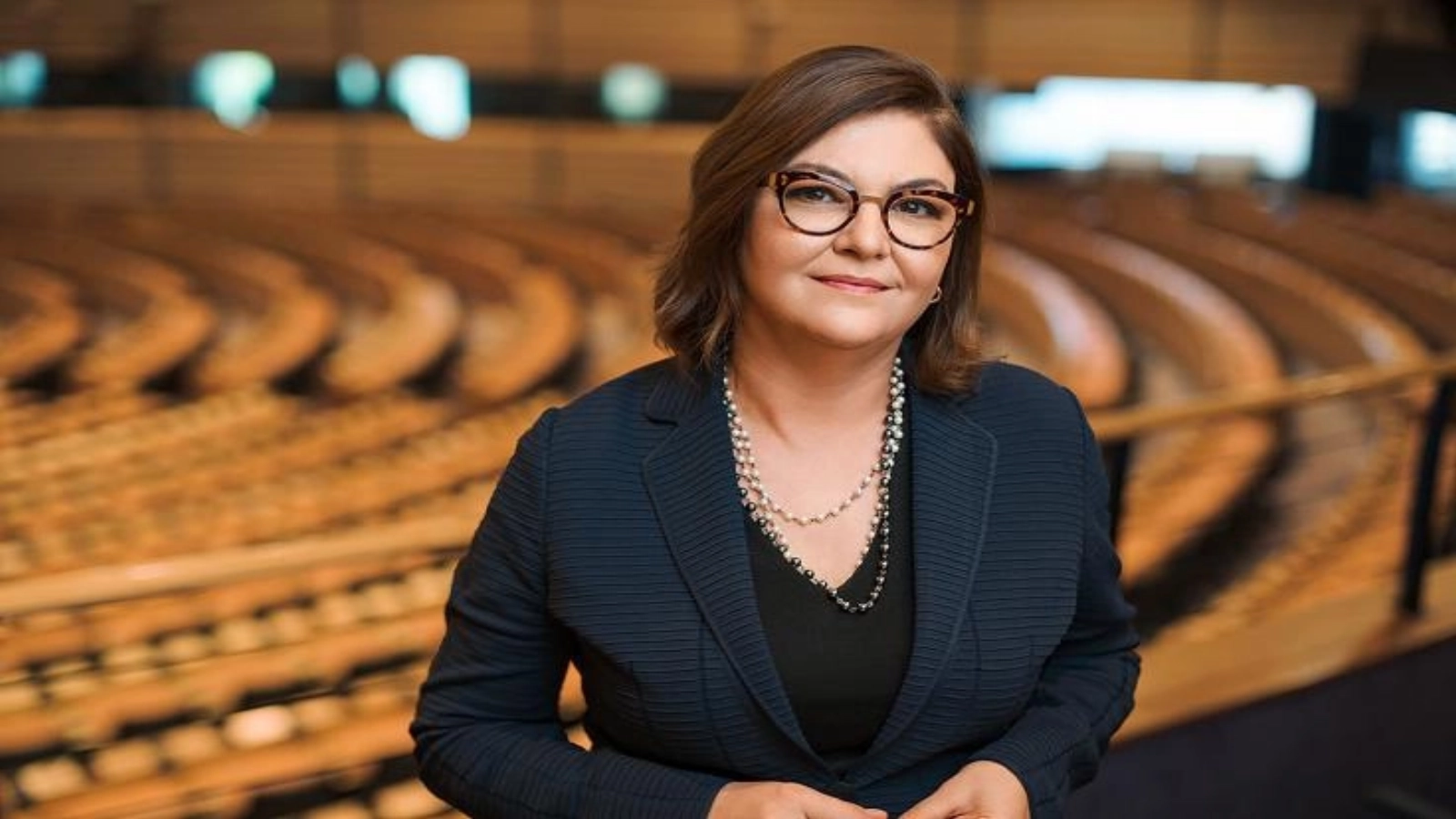


















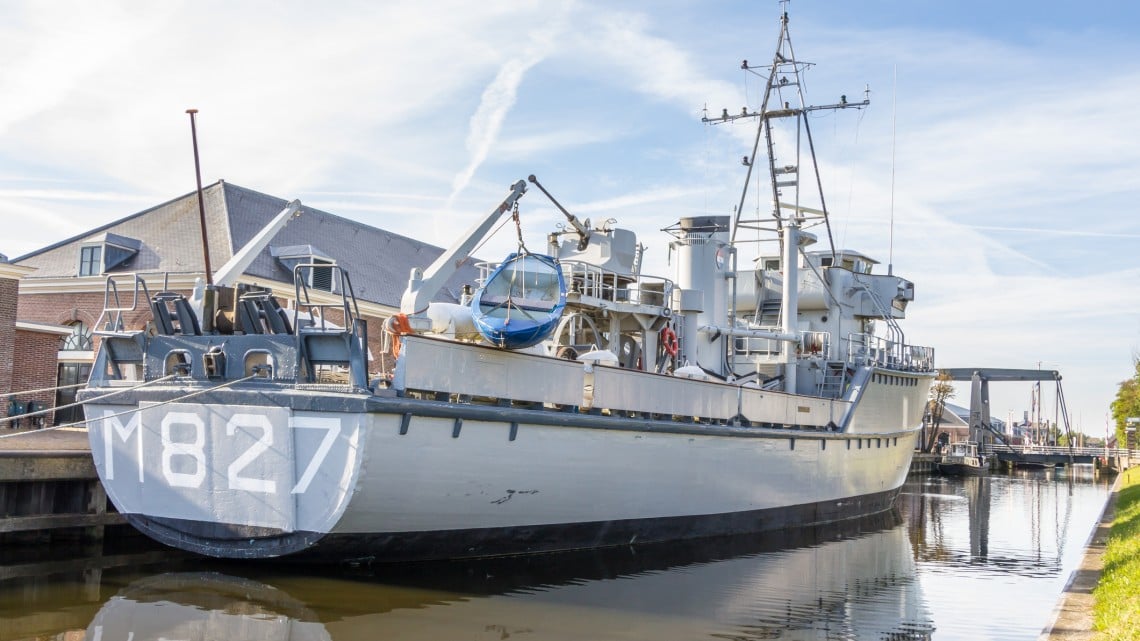
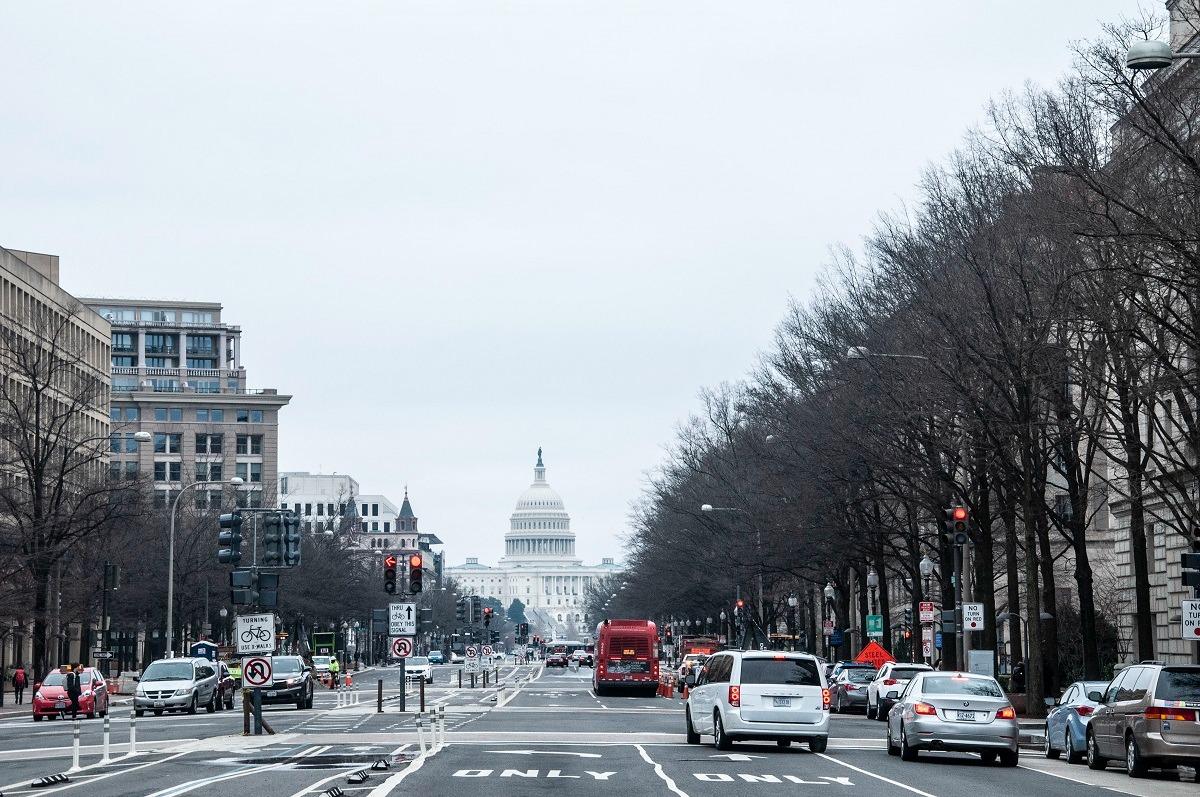
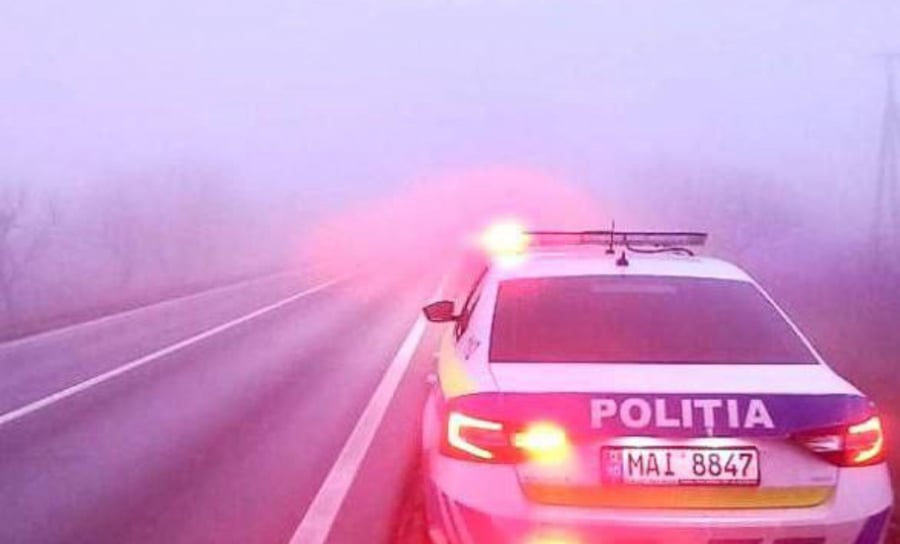
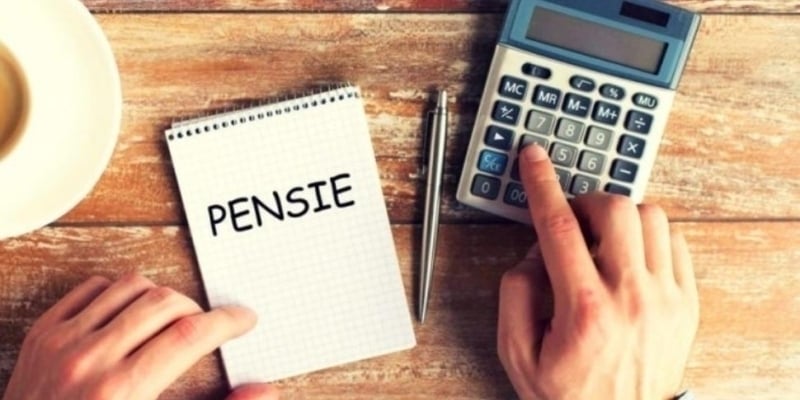
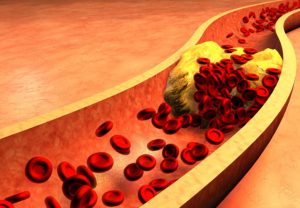




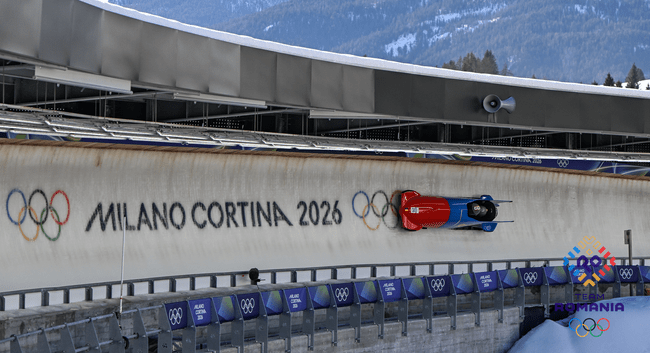


Comentează